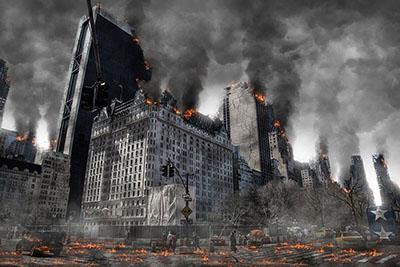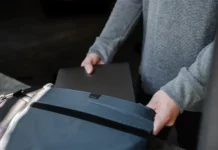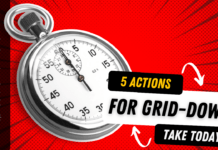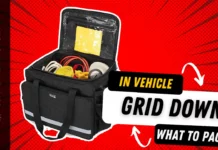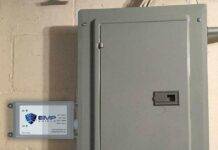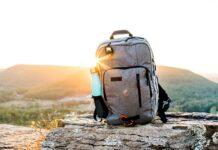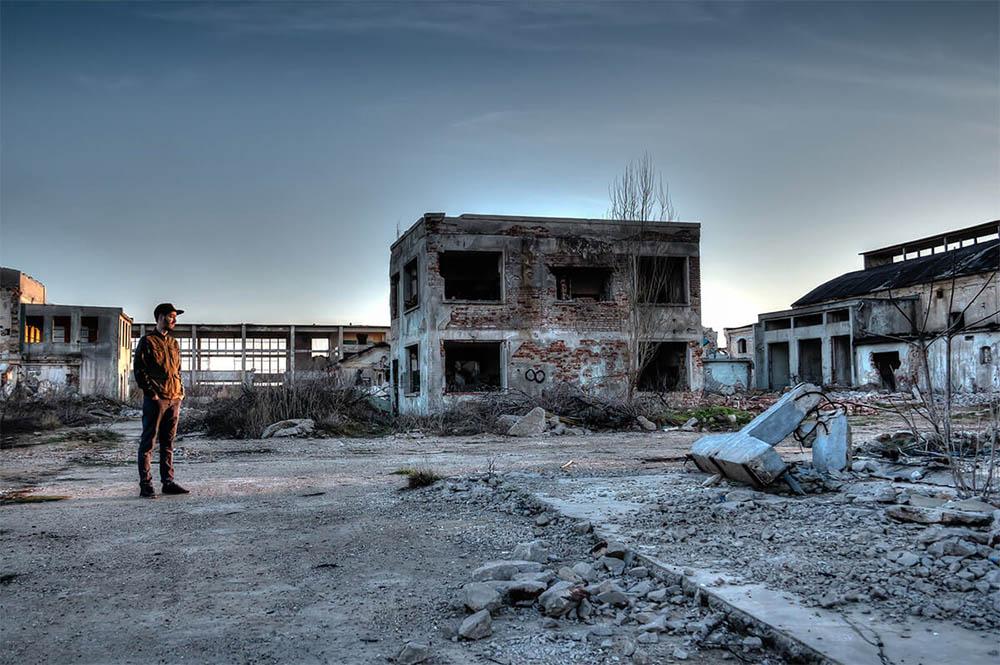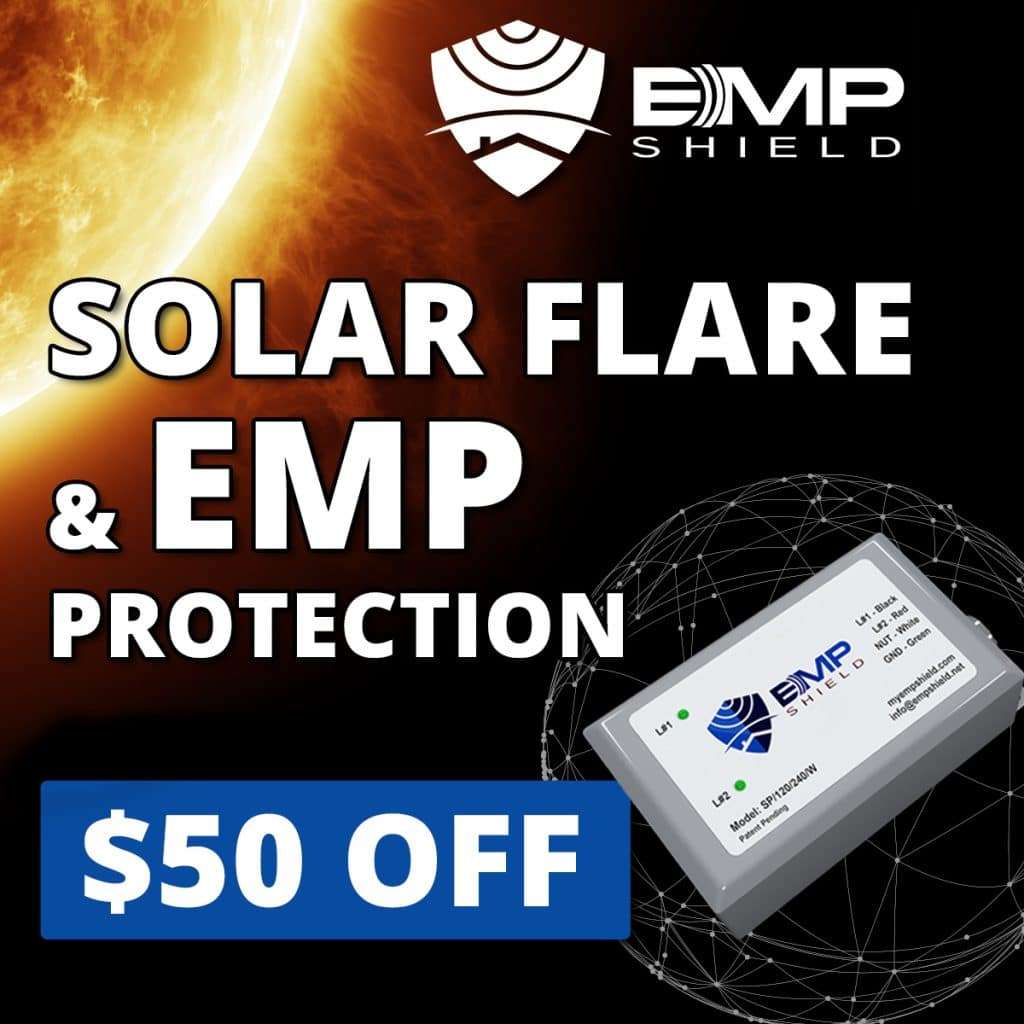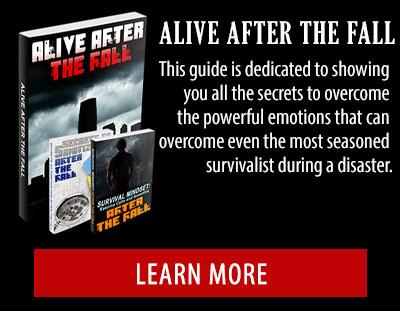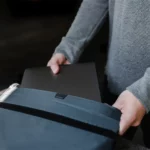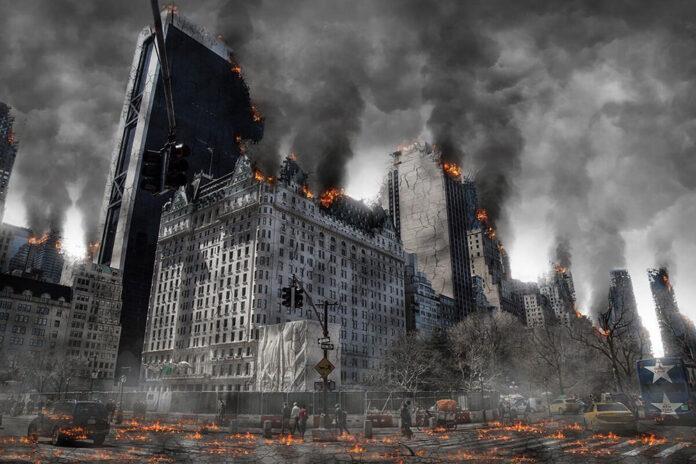
What Do I Do After a Nuclear Explosion?
Your life as you know it has just come to an end. A nuclear bomb has exploded, obliterating your city and leaving nothing but rubble in its wake. Now you must ask yourself, What d o I do after a nuclear explosion?
First thing’s first. Download the following PDFs from the FEMA website:
- Nuclear Detonation Safety: Food, Drinking Water and Medicine (PDF)
- Nuclear Explosion Information Sheet (PDF)
There are things you can do to improve your chances of survival, but the most important one by far is remaining calm and keeping your mind focused on one thing — staying alive. Here are some steps you can take to stay alive after a nuclear explosion.
Step 1: Stay Calm
The most important thing to remember in an emergency situation is to stay calm. Panicking and making rash decisions will only hurt you more. Keep in mind that most nuclear explosions are relatively small and are not likely to pose a serious threat immediately after detonation. You’ll probably have time to figure out your next move before radiation exposure or fallout from ground contamination becomes deadly. If you’re near ground zero, however, you might want to act quickly—even if staying calm seems impossible. There’s no guarantee that follow-up explosions won’t take place; getting out of range as soon as possible could save your life.
Step 2: Don’t look at the flash
Looking directly at a nuclear explosion can cause permanent blindness. Instead, look slightly away from ground zero and shield your eyes. If you’re lucky enough to have full-spectrum goggles, put them on now. The blast will create blinding light that could potentially damage your vision long after initial impact; protect yourself by looking away and covering your eyes with either one hand or use binoculars as makeshift eyewear. It’s also possible for retina burns to occur without direct eye contact, so it’s best to err on the side of caution when protecting yourself from an explosion like these.
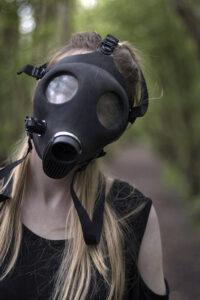 Step 3: Cover your mouth and nose
Step 3: Cover your mouth and nose
If you’re caught outside during or shortly after an explosion, cover your mouth and nose to protect yourself from radioactive fallout. Inhaling any kind of dust can be extremely dangerous, so wearing clothing over your face is also a good idea. But whatever you do, don’t breathe in anything that is on fire or might catch fire—the toxic smoke released during nuclear explosions can damage your lungs just as much as exposure to radiation. If you find yourself in direct contact with radioactive material (e.g., clothing on fire), stop what you’re doing and wash your hands thoroughly with soap and water before resuming activity.
Step 4: Walk or ride away from the blast area
Radioactive material will soon be spreading in all directions, creating an increasing risk of exposure to people in other areas. The farther you are from ground zero when a nuclear weapon explodes, and then move away quickly. A good rule of thumb is to get at least as far away as you were close to ground zero when it detonated: about three miles for most weapons, up to 12 for large ones such as hydrogen bombs (H-bombs). Remember that weather patterns may carry fallout from higher altitudes down toward lower ones—so go even farther if necessary.
Step 5: Help others with instructions above
In case of an emergency, there are simple and easily accessible items you can use to protect yourself from radiation and fallout. While it’s important to stay informed, avoid panicking when disaster strikes. Your best defense is to get information as quickly as possible. Keep your radio on and listen for updates on where evacuations are taking place and whether there’s a need for medical volunteers or other resources in order to prevent further casualties. Stock up on nonperishable food, water, flashlights with batteries, medical supplies like pain relievers, sterile bandages and personal hygiene products, blankets or warm clothing, batteries (AA size at least), radios with extra batteries that work off solar power or hand-crank power sources.
Step 6: Stockpile supplies if needed
The United States’ Strategic Petroleum Reserve and other emergency food stockpiles are at risk of running out if events such as nuclear explosions or solar flares happen. The US Department of Energy recommends having enough food and water to last for two weeks following an emergency event, but residents living in rural areas may not be able to reach stores quickly to buy more supplies. If you live in a rural area, stock up on extra food, water, blankets and hygiene products so you can survive on your own for longer periods of time after an emergency event occurs. Emergency food stocks should be kept well-hidden; they do not need to be refrigerated unless they have been opened.
The truth about nuclear weapons
In atomic bomb test explosions and in nuclear war, most of the energy from exploding bombs is released as blast and heat. Some is released as radioactive nuclear fragments that can be picked up by wind and carried for long distances. If you are within about 20 miles (30 kilometers) of an exploding nuclear weapon, you will probably die from injuries caused by these effects. You may get lucky if this is ONLY an EMP attack. Learn more about EMP attack survival here.
Within two to four weeks after an explosion, radioactive fallout settles to Earth in an overpressure wave of equal intensity over a wide area around ground zero. This exposure would be fatal to 50% or more of people within two to six months depending on conditions at ground zero.
Use of nuclear weapons is real, as we are seeing recently with the Russian invasion of Ukraine. This article is provided to help guide you through the basics, after a nuclear explosion. We all need to do our part to prepare our minds, bodies and souls for this possible event.
